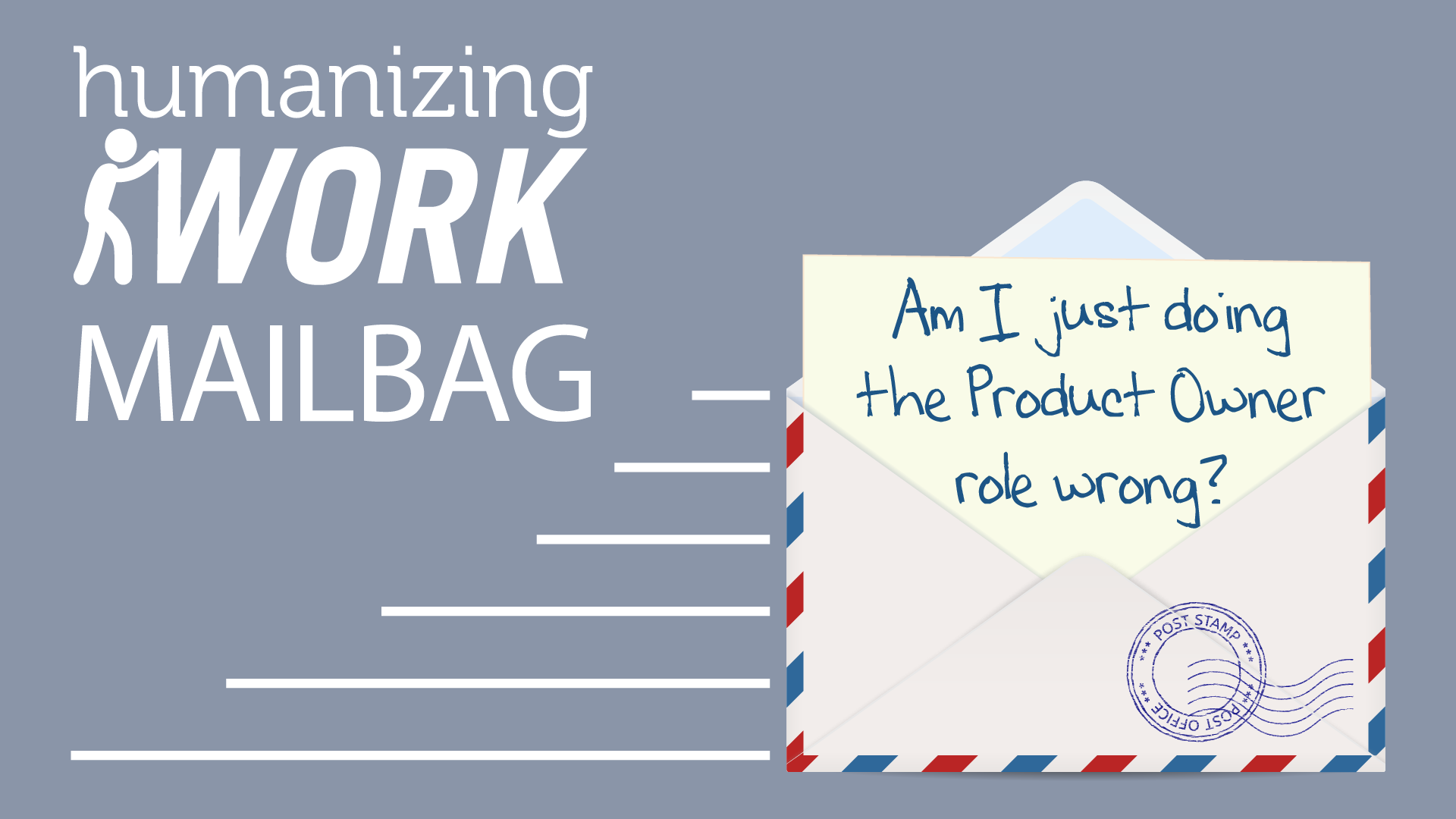Scrum’s rarely used “Abnormal Sprint Termination” rule can help a team strike a nice balance between the need to focus, the need to be responsive, and the desire to make and keep commitments. In this episode, we give a few examples of using this rule to get good results, and what to do if your team is struggling to make and keep commitments. Read More
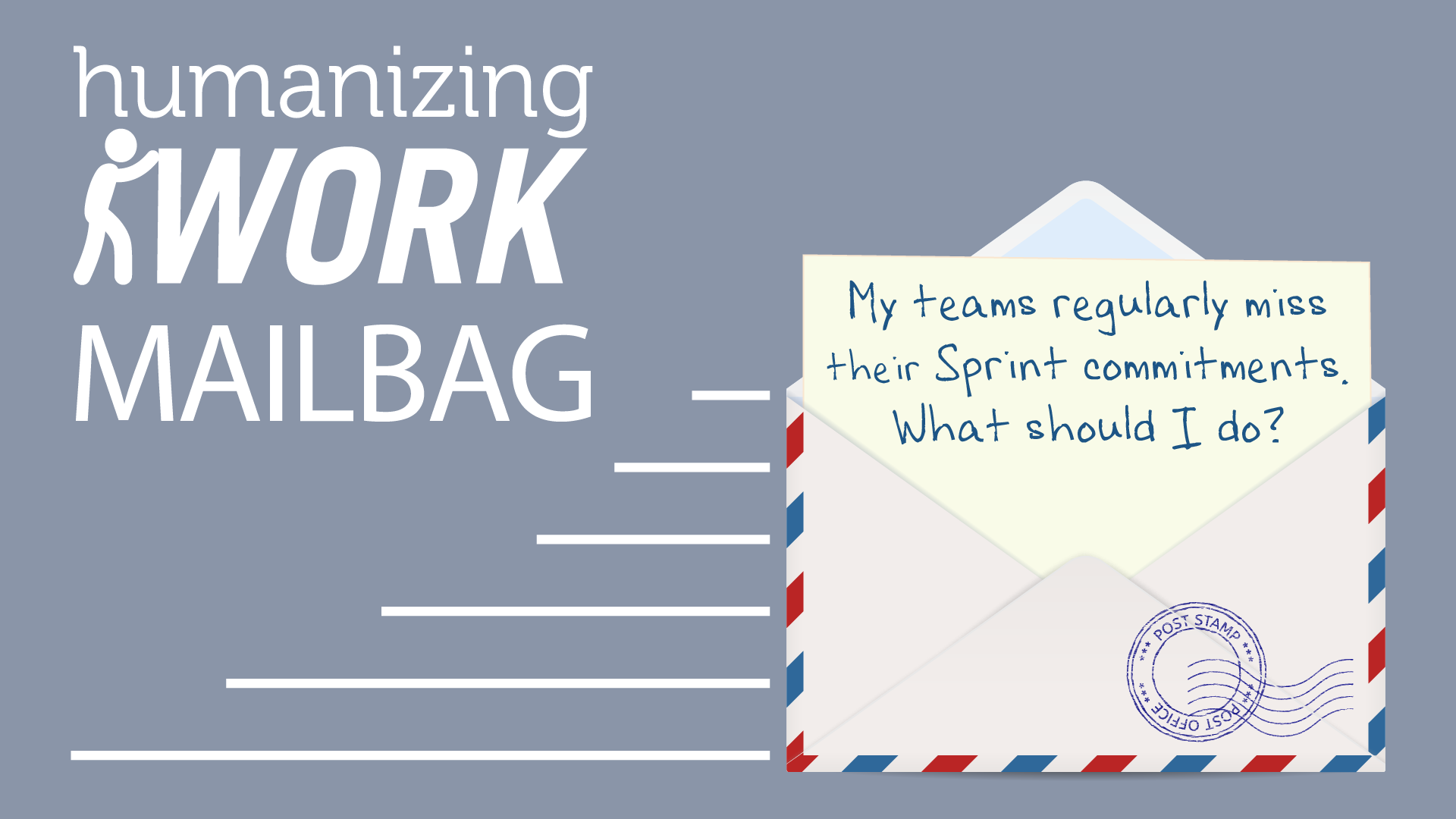
In this episode, Richard and Peter talk about quick wins, how they often emphasize the quick part but miss the win, and what to do instead at the start of a big initiative. Read More
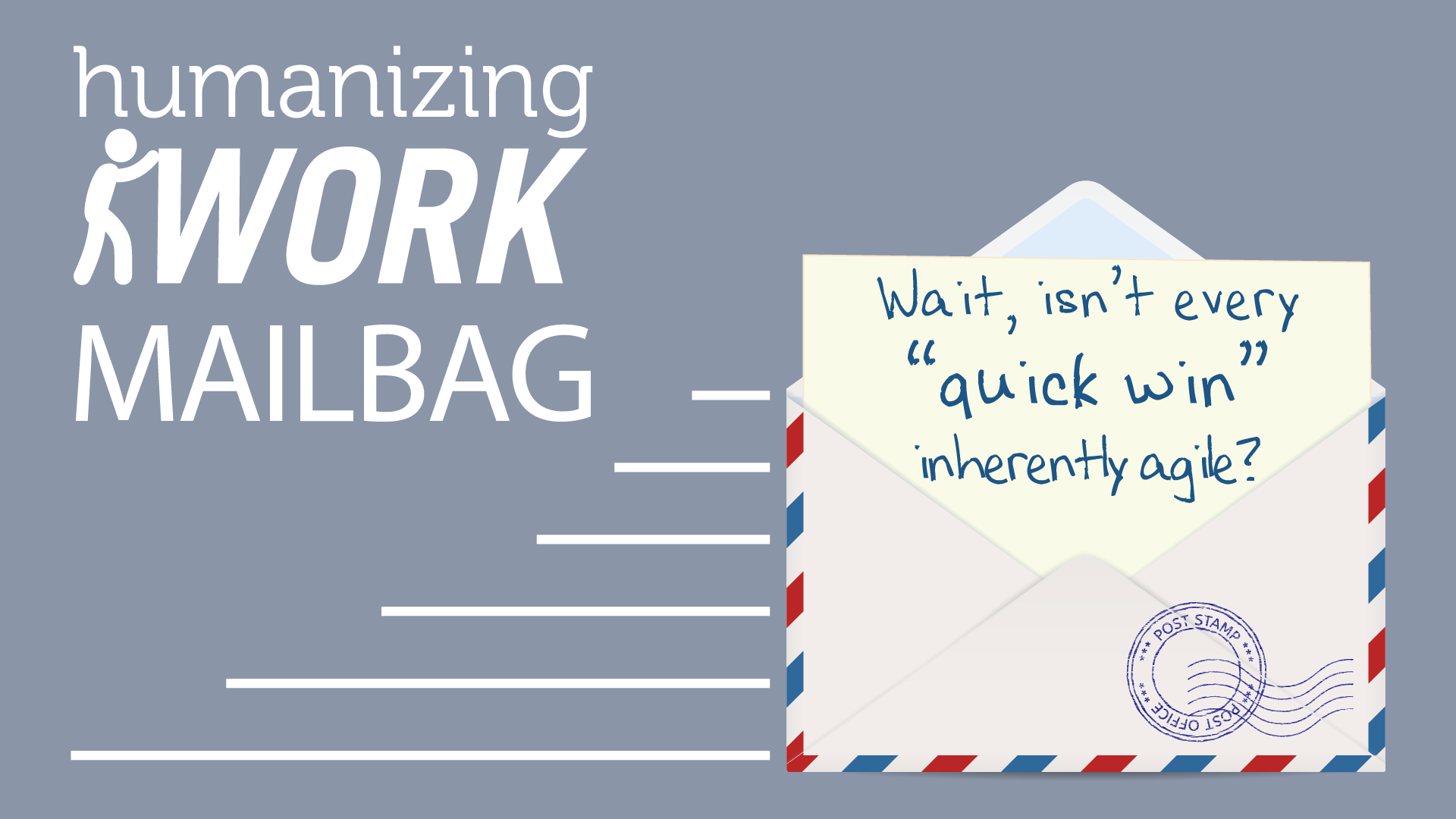
In this episode, Richard explains the distinction between collaborating and coordinating, when to do one or the other, and the implications for team structure, tools, and geography. Read More
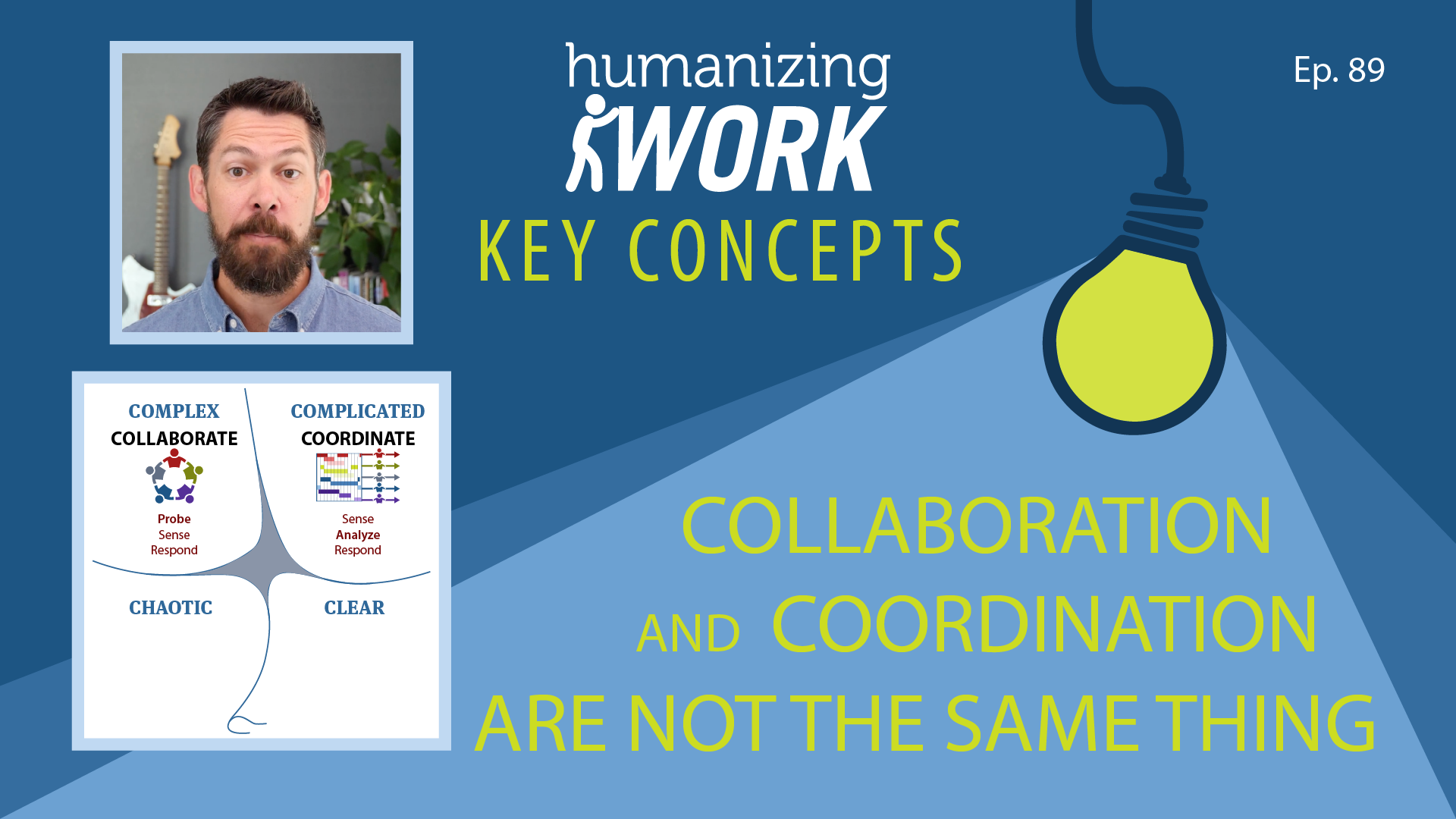
In this episode, Richard and Peter discuss an article in Business Insider, “The reality of Big Tech's 'fake work' problem.” They discuss the incentives that create over-hiring and “fake work” and the antidote to it. Is it all just lazy managers, as the article suggests? Read More
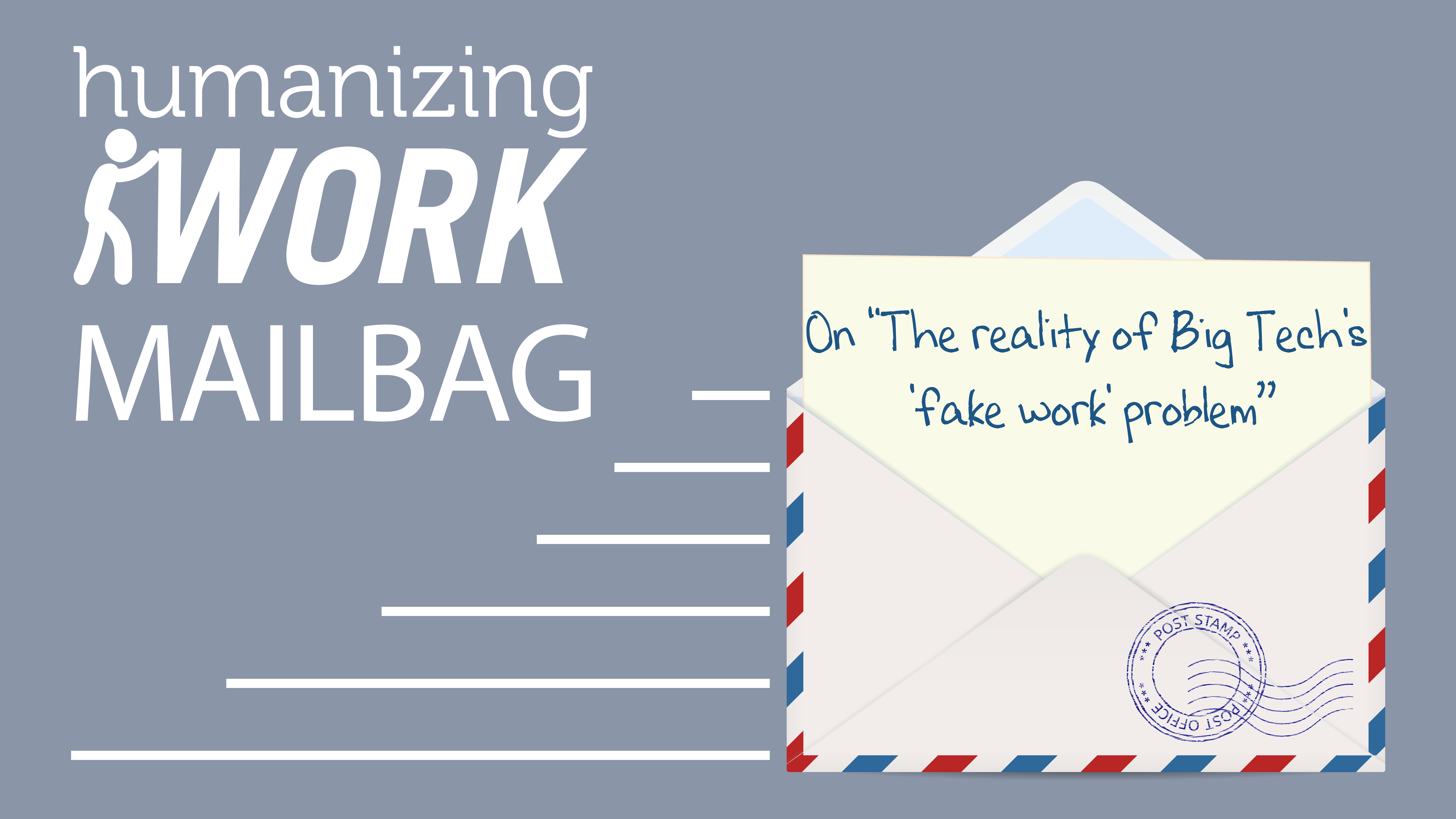
In this episode, Richard and Peter answer the question: “All my stakeholders want all their stuff right now. What do I do?” Read More
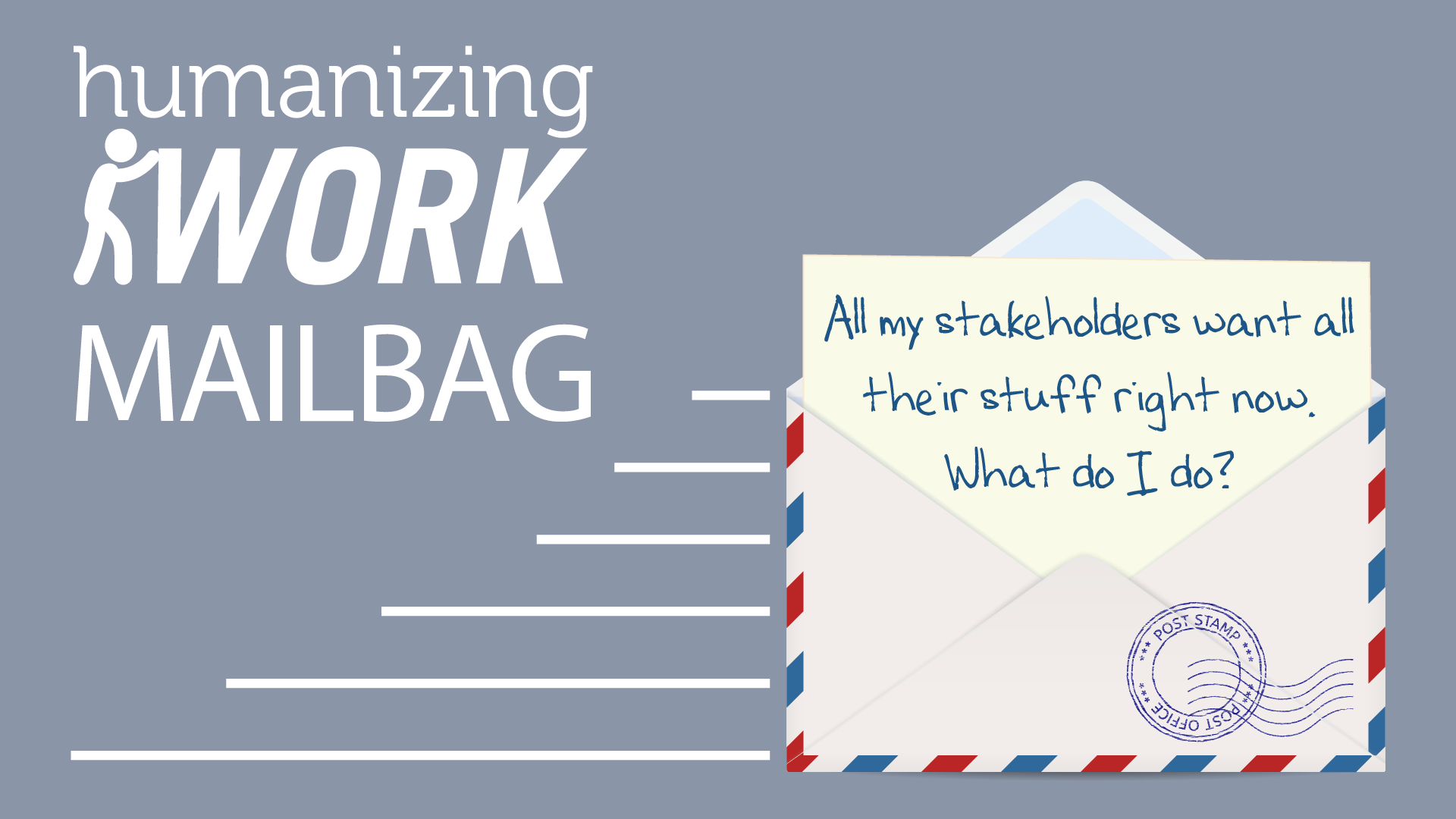
In this episode, Richard and Peter answer the question: “My team members always grab things to work on separately in parallel. How can I get us collaborating more as a team?” Read More
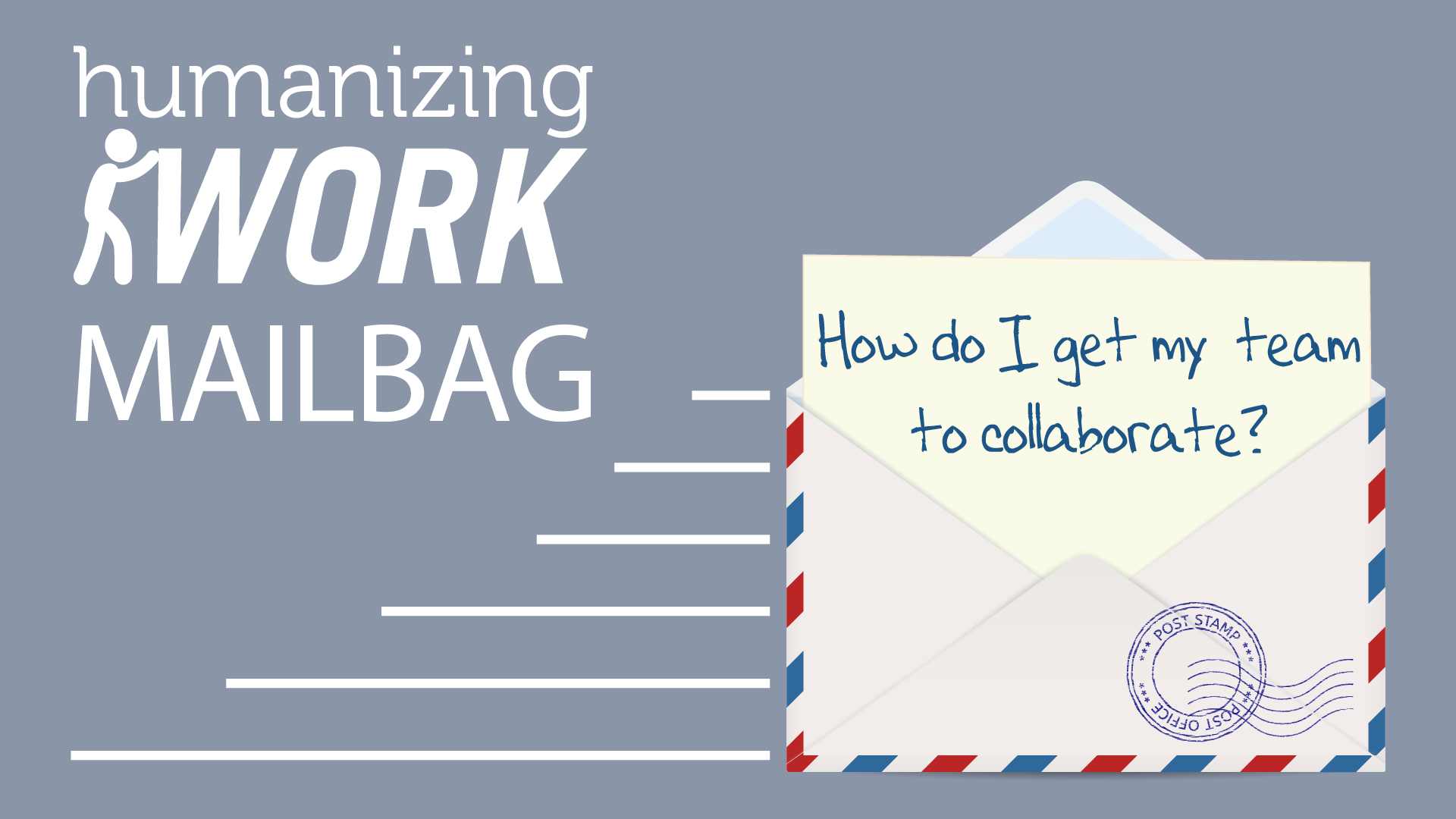
Developing effective leadership skills can be challenging. It's difficult to even describe what makes a leader effective, let alone create a practical plan to improve your own leadership capabilities. In this episode, Peter & Richard introduce their favorite leadership development tool: The Leadership Circle.
This model provides language to identify behaviors that limit a leader's effectiveness. It also highlights capabilities that are associated with effective leadership. By using the model to assess your own leadership, you can learn how to reduce those limiting behaviors and increase your effectiveness. Read More
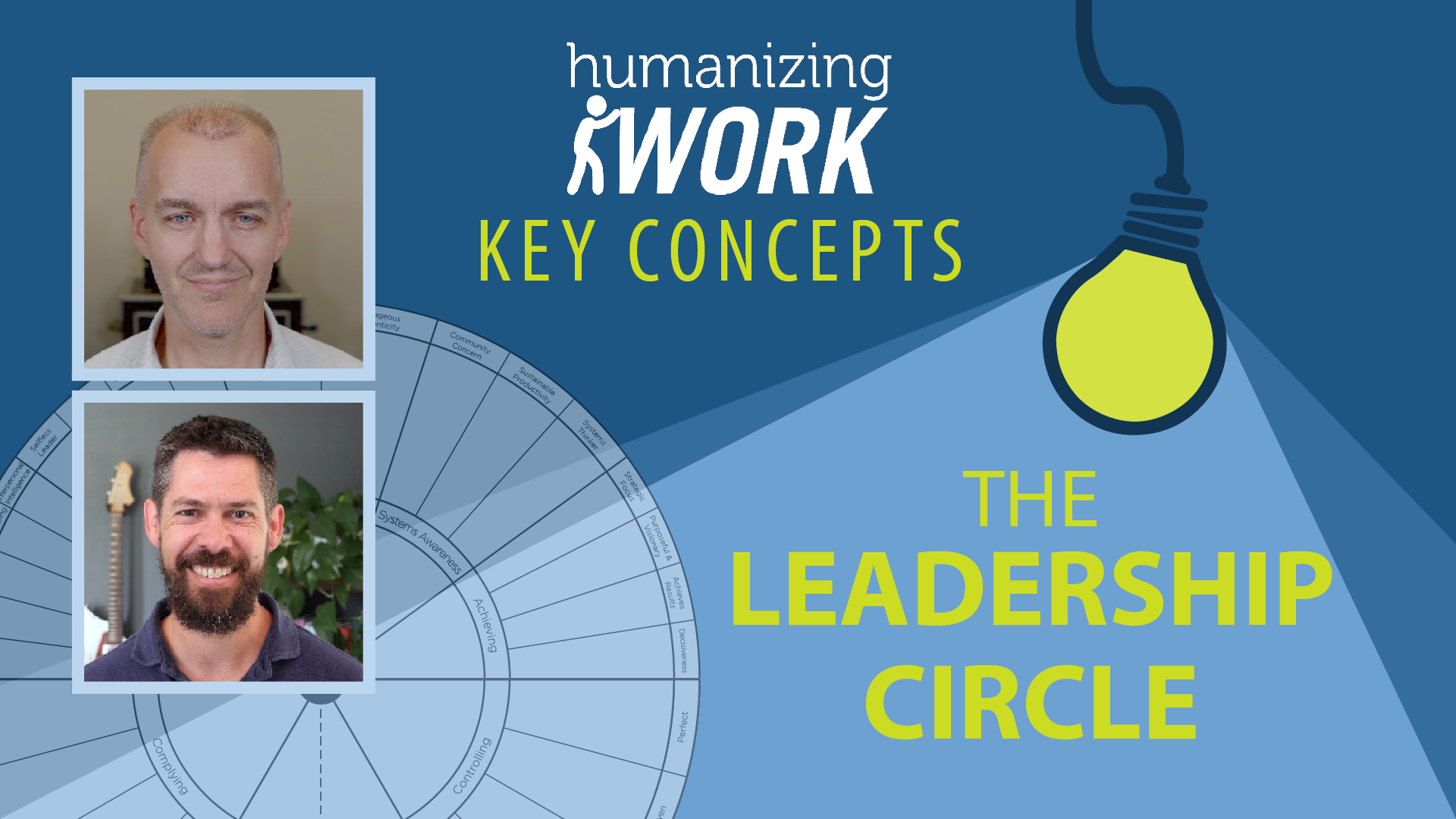
In this episode, Richard and Peter interview world-class mountain bike coach Lee McCormack. If you’re a coach or leader of any kind—or if you just care about your own growth and development—this episode is packed with advice and inspiration. Read More
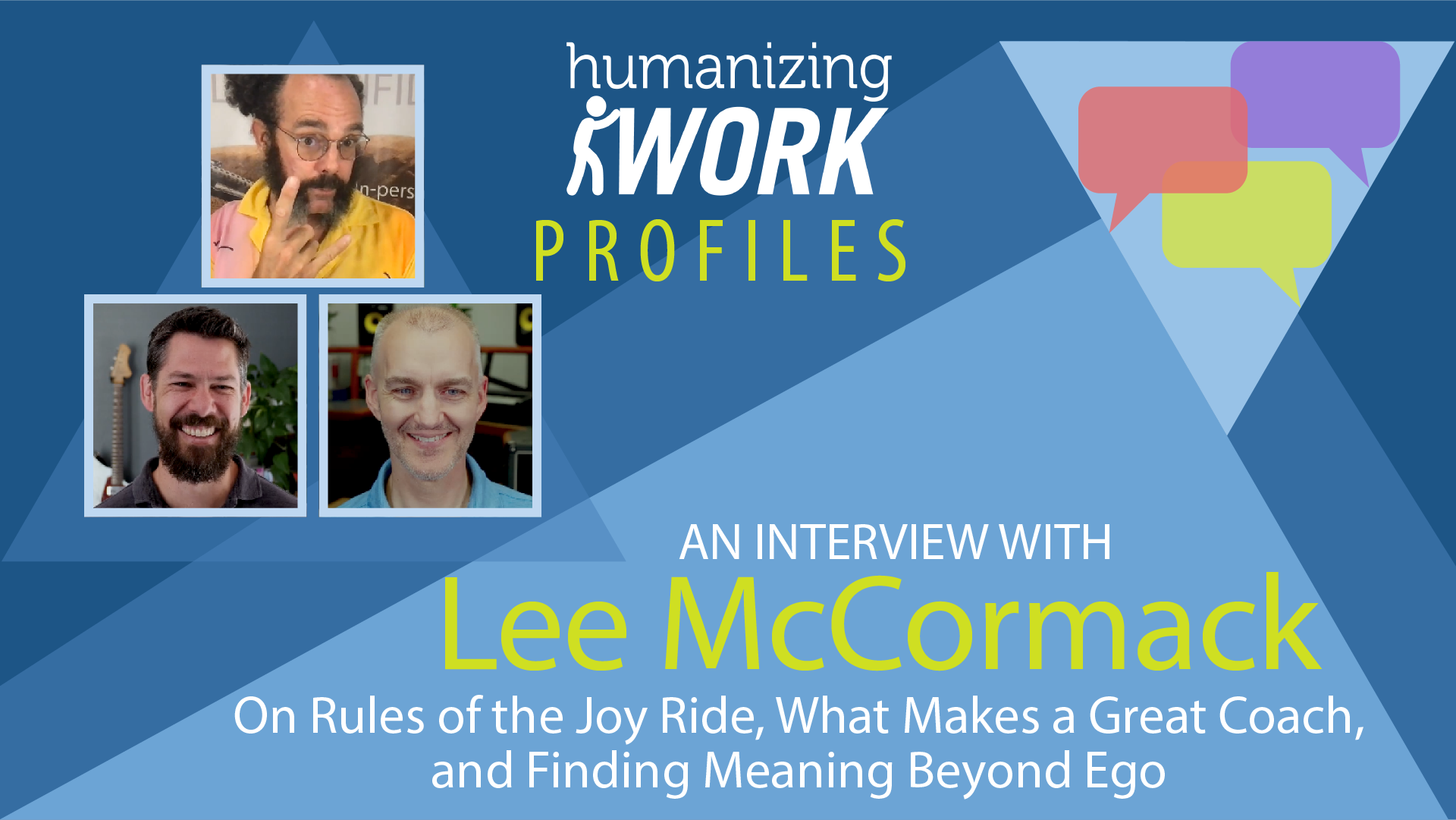
In this episode, Richard and Peter talk about sprint goals. When are they useful? What might you do instead? Read More
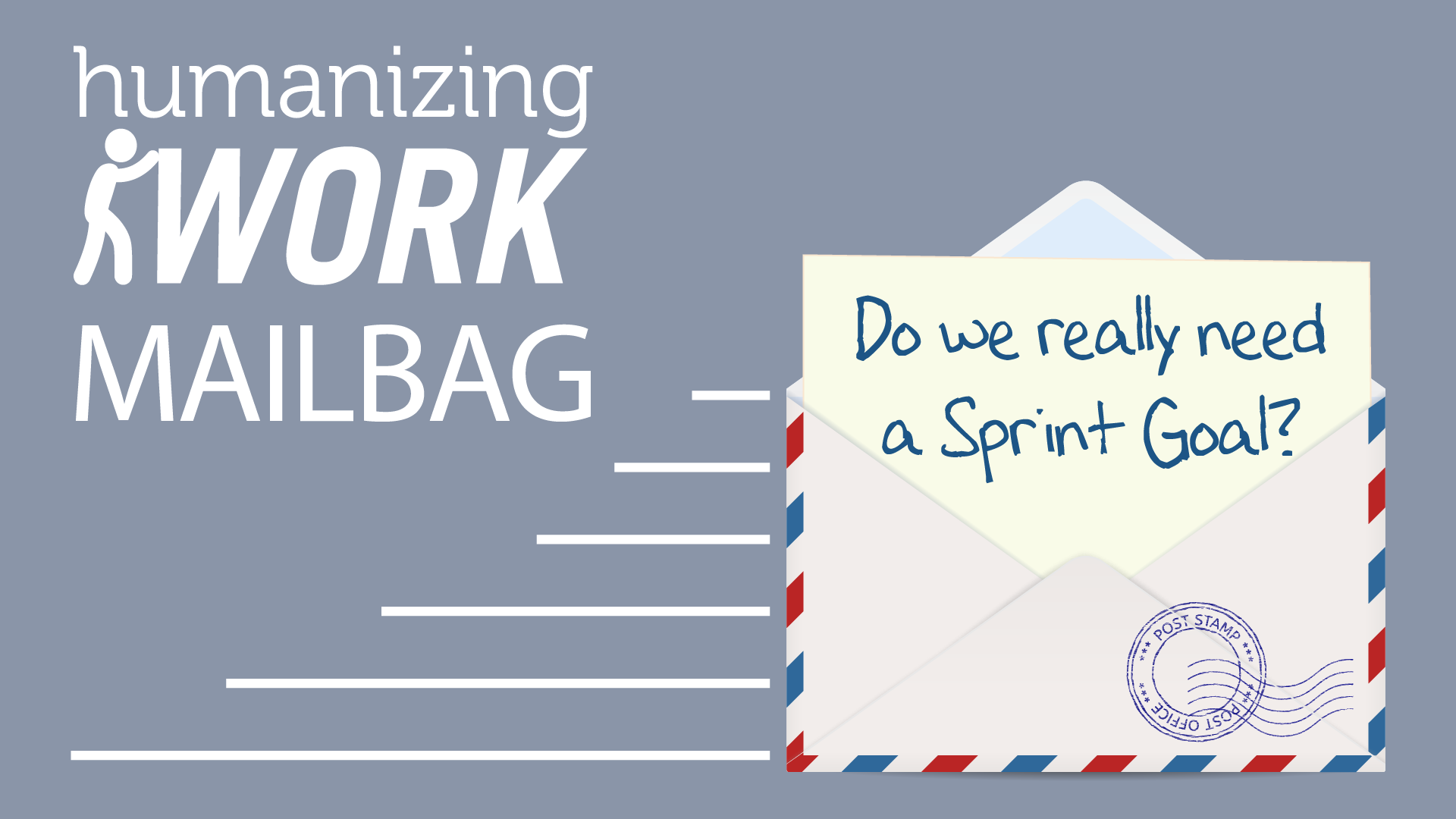
In this episode, Richard and Peter answer a question that’s essentially: “Most of the standard Product Ownership advice doesn’t seem to apply to my situation. Am I just doing Product Ownership wrong?” They discuss two modes of Product Ownership—visionary and facilitating—and when each one is the right approach. Read More
